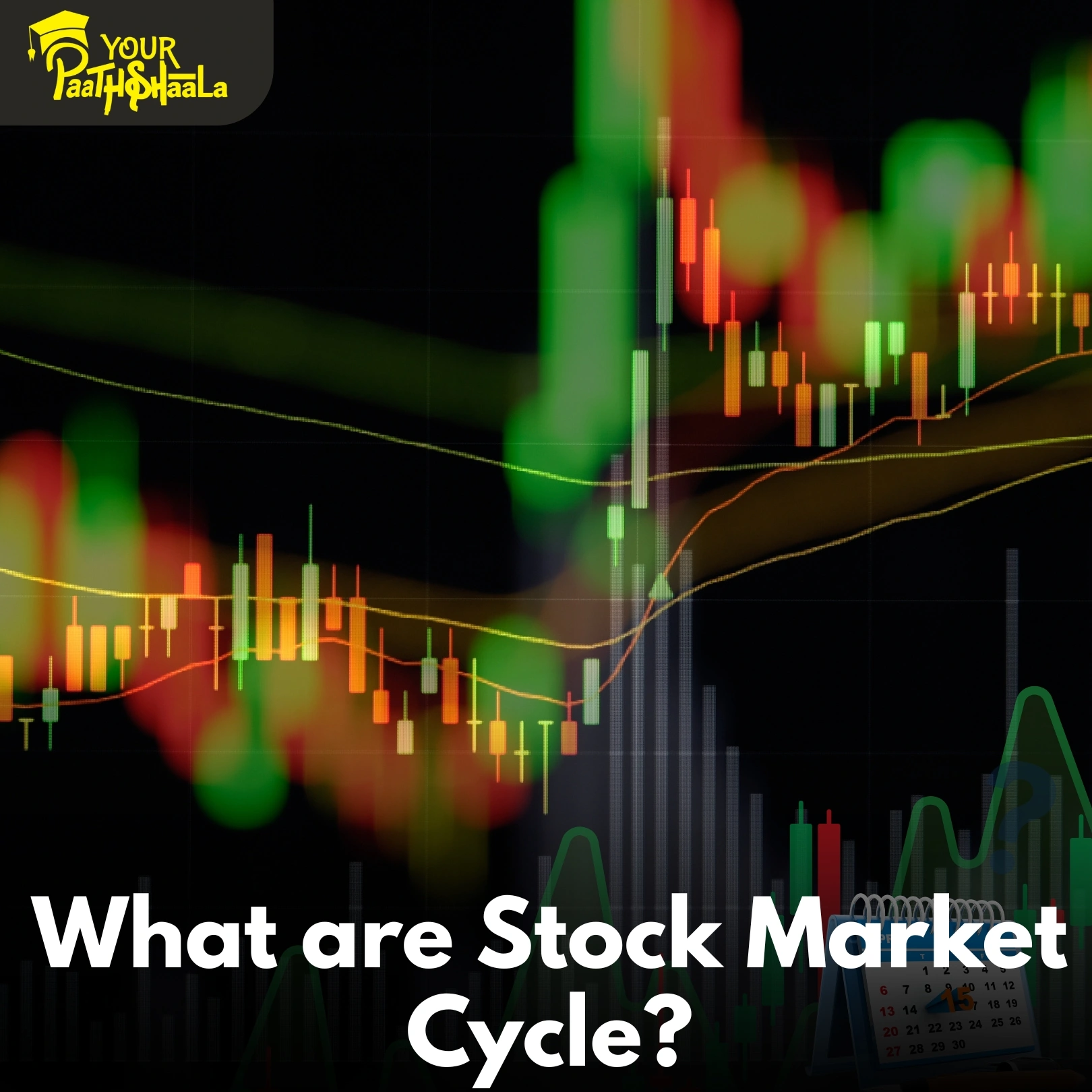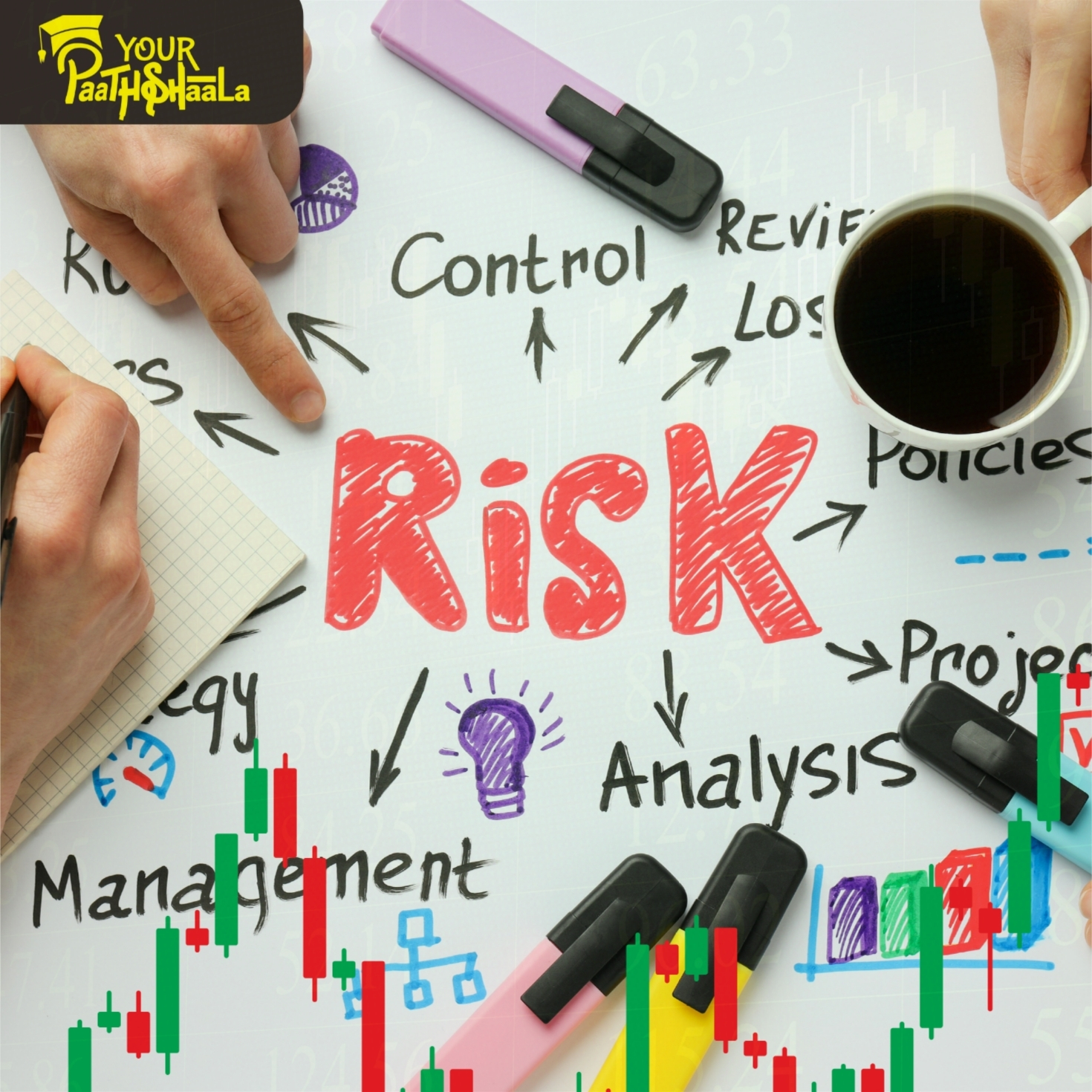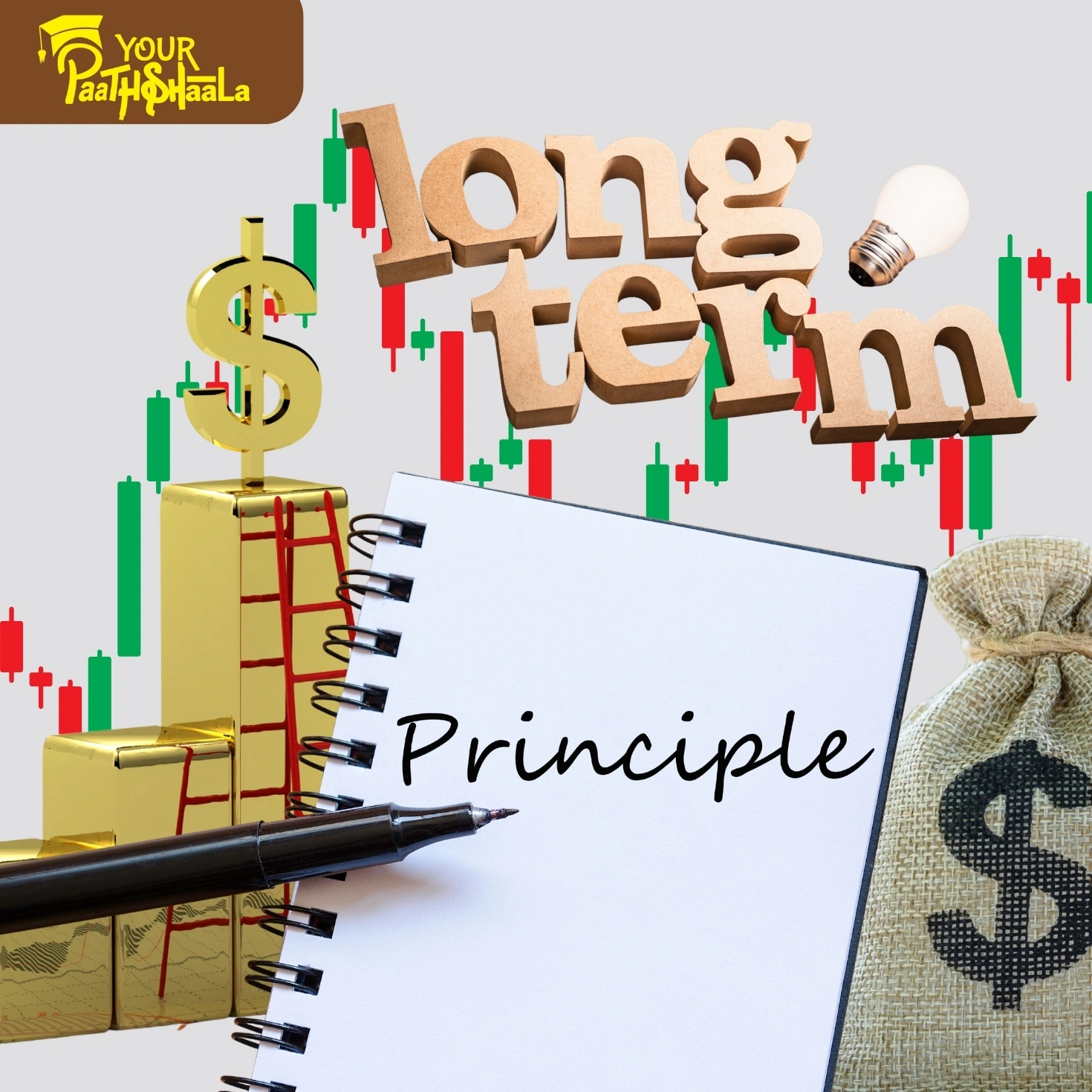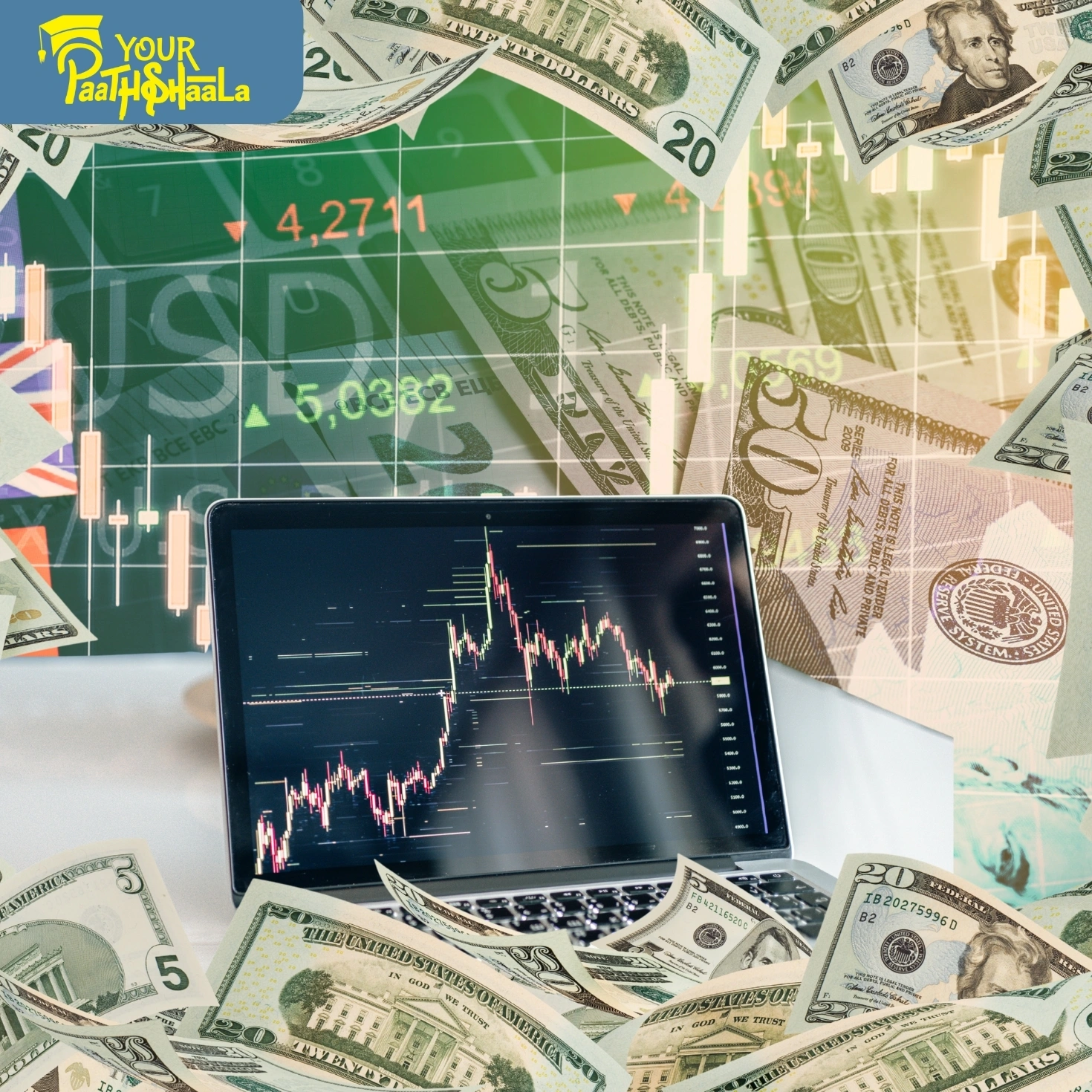What Are Market Cycles?The Psychology: Understanding Fear, Greed, and How to Trade Smarter
Financial markets don’t move in a straight line. Instead, they follow patterns known as market cycles, which are largely driven by investor psychology. Emotions such as fear and greed play a significant role in creating the booms and busts we see in markets. By understanding these psychological forces and recognizing where we are in a market cycle, traders and investors can make more informed, rational decisions—ultimately improving their chances of success.
In this article, we will explore the psychology behind market cycles, explain how emotions influence market behavior, and provide practical tips on how to navigate these cycles effectively.
What Are Market Cycles?
Market cycles refer to the recurring phases of expansion and contraction in financial markets. These cycles typically consist of four stages:
- Accumulation: After a market downturn, savvy investors begin buying undervalued assets quietly.
- Markup: Prices start rising as more investors gain confidence and enter the market.
- Distribution: Optimism peaks, and early investors begin selling to lock in profits.
- Decline: Prices fall as fear takes hold, leading to widespread selling and market downturn.
Each phase reflects the collective mood and behavior of market participants, which is why psychology is central to understanding market cycles.
The Role of Investor Psychology in Market Cycles
Fear and Greed: The Twin Emotions Driving Markets
Greed: During the markup and distribution phases, greed motivates investors to buy aggressively, often pushing prices beyond fundamental values. This can create bubbles where asset prices soar on unrealistic expectations.
Fear: Conversely, fear dominates the decline phase. Panic selling, loss aversion, and negative sentiment cause prices to plummet, sometimes below intrinsic value.
These emotional extremes cause markets to overshoot in both directions, creating opportunities for disciplined traders who can recognize the cycle.
Cognitive Biases That Influence Market Behavior
Herd Behavior: Investors tend to follow the crowd, buying when others buy and selling when others sell, amplifying price movements.
Overconfidence: During booms, investors may overestimate their knowledge or underestimate risks.
Loss Aversion: Fear of losses often leads to holding onto losing positions too long or selling winners too early.
Confirmation Bias: Investors seek information that supports their beliefs, ignoring warning signs.
Understanding these biases helps traders avoid common psychological traps.
How to Recognize Market Cycle Phases
Accumulation Phase
Market sentiment is generally negative.
Prices are low but stable.
Volume may increase slightly as informed investors accumulate positions.
Good time to start buying, but requires patience and conviction.
Markup Phase
Prices rise steadily.
Media coverage becomes more positive.
More investors enter the market, driven by optimism.
Momentum builds, attracting momentum traders.
Distribution Phase
Market enthusiasm peaks.
Prices may become volatile with sharp swings.
Smart money begins selling to lock in profits.
Warning signs include excessive valuations and euphoric sentiment.
Decline Phase
Negative news dominates.
Panic selling accelerates price drops.
Investor sentiment turns bearish.
Opportunity arises for patient investors to accumulate again.
Practical Tips for Trading Market Cycles
1. Stay Emotionally Detached
Avoid making decisions based on fear or greed. Stick to your trading plan and use objective criteria for entry and exit.
2. Use Technical and Fundamental Analysis
Combine chart patterns, volume analysis, and economic indicators to identify cycle phases.
3. Follow Market Sentiment Indicators
Tools like the Fear & Greed Index, volatility indices (VIX), and investor surveys can provide clues about prevailing emotions.
4. Practice Risk Management
Set stop-loss orders and position sizes that protect your capital during volatile phases.
5. Be Patient
Market cycles take time. Avoid chasing quick profits and focus on long-term trends.
Why Understanding Market Psychology Gives You an Edge
By recognizing the psychological drivers behind market cycles, you can:
Avoid buying at the peak of greed or selling in panic.
Identify undervalued assets during fearful times.
Time your trades more effectively.
Maintain discipline and reduce costly emotional mistakes.
Real-World Examples of Market Cycles
Dot-Com Bubble (Late 1990s – Early 2000s): Excessive greed drove tech stocks to unsustainable levels, followed by a sharp crash.
2008 Financial Crisis: Fear gripped markets worldwide, causing a steep decline in asset prices.
COVID-19 Market Crash and Recovery (2020): Panic selling was followed by rapid accumulation and a strong markup phase fueled by stimulus and optimism.
Frequently Asked Questions
Q: Can market cycles be predicted accurately?
While exact timing is difficult, understanding typical cycle characteristics helps anticipate probable market behavior.
Q: How long do market cycles last?
Cycles vary widely—from months to years—depending on economic and geopolitical factors.
Q: Should I try to time the market cycle?
Timing is challenging. Instead, focus on recognizing phases and managing risk accordingly.
Conclusion: Mastering Market Cycles Through Psychology
Market cycles are shaped by the collective psychology of investors. Fear and greed drive prices up and down, creating predictable patterns that savvy traders can learn to recognize. By understanding these psychological forces and their impact on market behavior, you can make more informed decisions, avoid emotional pitfalls, and improve your trading outcomes.
Ready to Deepen Your Trading Knowledge?
If you want to master the psychology of market cycles and develop effective trading strategies, expert guidance is invaluable.
Visit YourPaathshaala
Near 🏥 Anjali Children Hospital, Tagore Nagar, Mathpurena, Raipur.
📫 PIN code: 492001, Chhattisgarh
📞 Click the Call Now to contact us!
Start your journey toward smarter trading with YourPaathshaala—where understanding the market mindsets leads to success.







